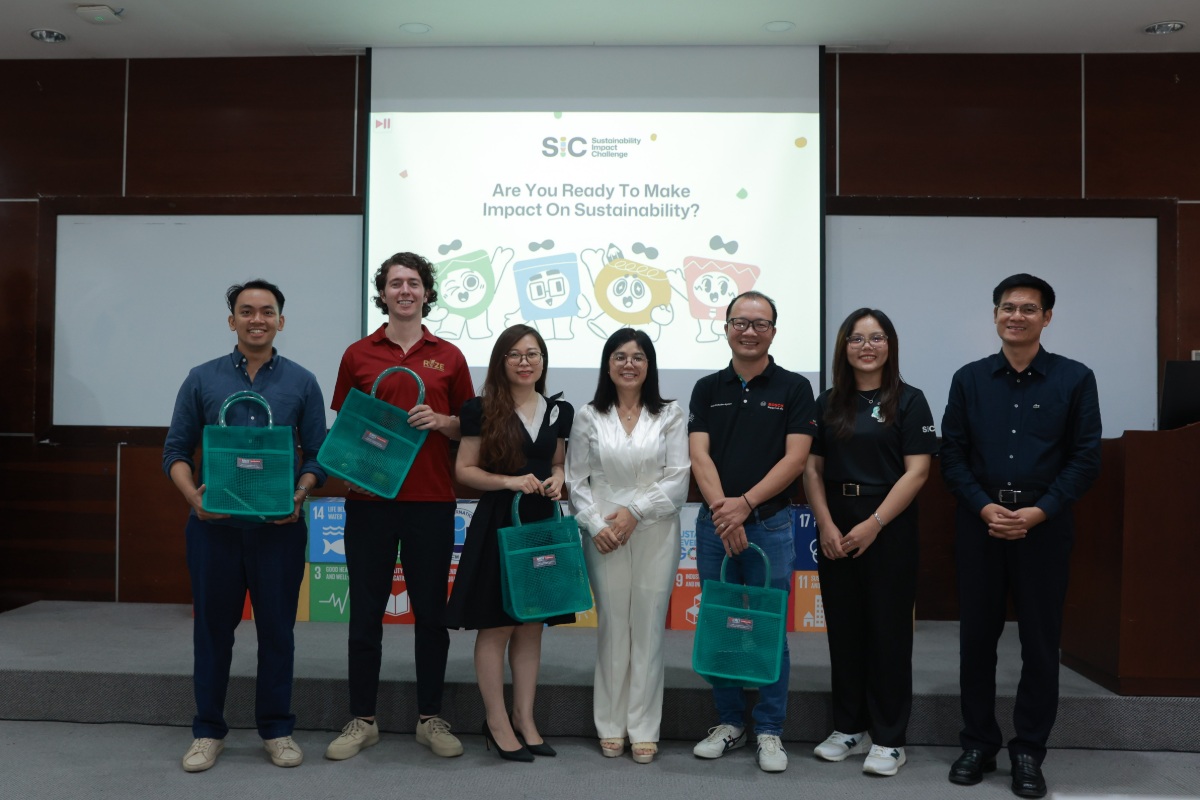When connections backfire: Rethinking board networks and ESG in Vietnam
As Vietnam accelerates its net-zero ambitions, new research reveals that corporate board connections may hinder - rather than help - ESG outcomes.
The hidden environmental cost of AI: A drain on Vietnam's resources
Professionals across Vietnam increasingly use AI tools for emails, presentations, and content creation. Few realise each interaction carries an environmental cost that strains Vietnam's power grid and water resources.
A launchpad for green careers: Sustainability Impact Challenge
On 17 April, the Sustainability Impact Challenge (SIC) 2025 initiated by RMIT University was officially launched at International University – Vietnam National University Ho Chi Minh City.
The hidden cost of air pollution: Our mental health
While people often talk about the respiratory effects of air pollution, its impact on mental health is just as concerning.






